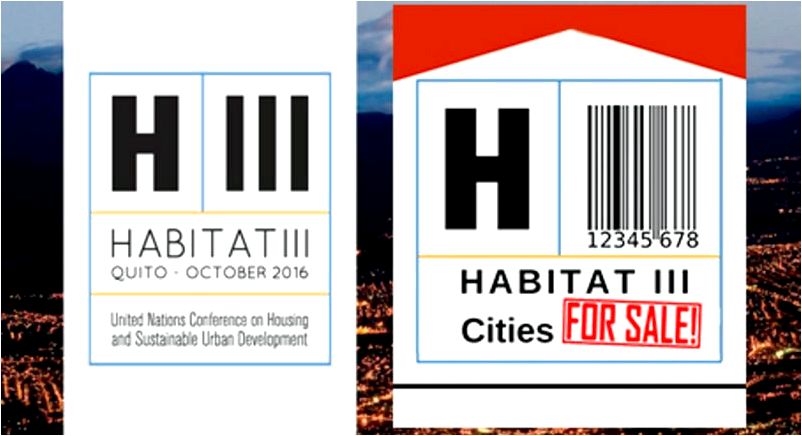Planning and Growth and development of Urban Infrastructure and Fundamental Services poor the brand new Urban Agenda
Infrastructure and fundamental services would be the foundation and delivery vehicle of the functional and resilient urban atmosphere. Equitable fundamental services for example water, sanitation, drainage, energy, and transport are key ingredients for that social and economic growth and development of cities. Additionally they sustain and enhance the health, livelihood, and general living atmosphere of urban residents. Essential, fundamental services would be the cornerstone for any government’s compact using its citizens, and therefore are probably the most tangible problem for which communities hold their elected officials accountable. Every single day, almost 180,000 new urban dwellers need use of energy, water, sanitation, waste management services, healthcare, education, transport, and want to make a living in metropolitan areas within the third world. To satisfy this growing demand, a minimum of $70 trillion of worldwide infrastructure investment is required between 2016 and 2030. Yet another $14 trillion of infrastructure investments is needed by 2030 to satisfy the minimum global warming targets put down within the COP 21 declarations. With large parts of the urban population residing in informal settlements, the task is how you can expand and upgrade these types of services to help keep pace with urban growth, while making certain use of an sufficient and cost-effective degree of services for that poor. There’s also an excuse for an all natural method of the understanding of lengthy term planning infrastructure and fundamental services, instead of a short-term sector-based approach. A lengthy term commercial infrastructure plan moored to some development vision is required combined with the knowledge of the interdependence of assets, understanding, and institutions across, and between, all systems of infrastructure.
Throughout the Special Session, a panel of experts and participants will interactively discuss and share encounters around the key motorists for doing things within the implementation from the New Urban Agenda, poor infrastructure and fundamental services.
Included in this are:
· Comprehending the linkage between availability, ease of access, affordability and adequacy of fundamental services for that realization of human legal rights.
· The requirement for an extensive reform of urban infrastructure policies.
· Building viable and well-managed institutions aligned with infrastructure systems understanding.
· Effective legal and regulatory frameworks within which development can occur.
· Developing effective and integrated lengthy term infrastructure planning.
· Enhancing coordinated implementation of urban infrastructure.
· Developing start up business models and proper partnerships in infrastructure planning, design, implementation, operation, and management
· Fostering and applying technology.
· Adopting inclusive participatory processes and elevated use of information for those residents.

Resourse:https://habitat3.org/the-conference/programme/all/urban-infrastructure-and-fundamental-services-including-energy-2/
Key:Urban Infrastructure and Fundamental Services, including energy
